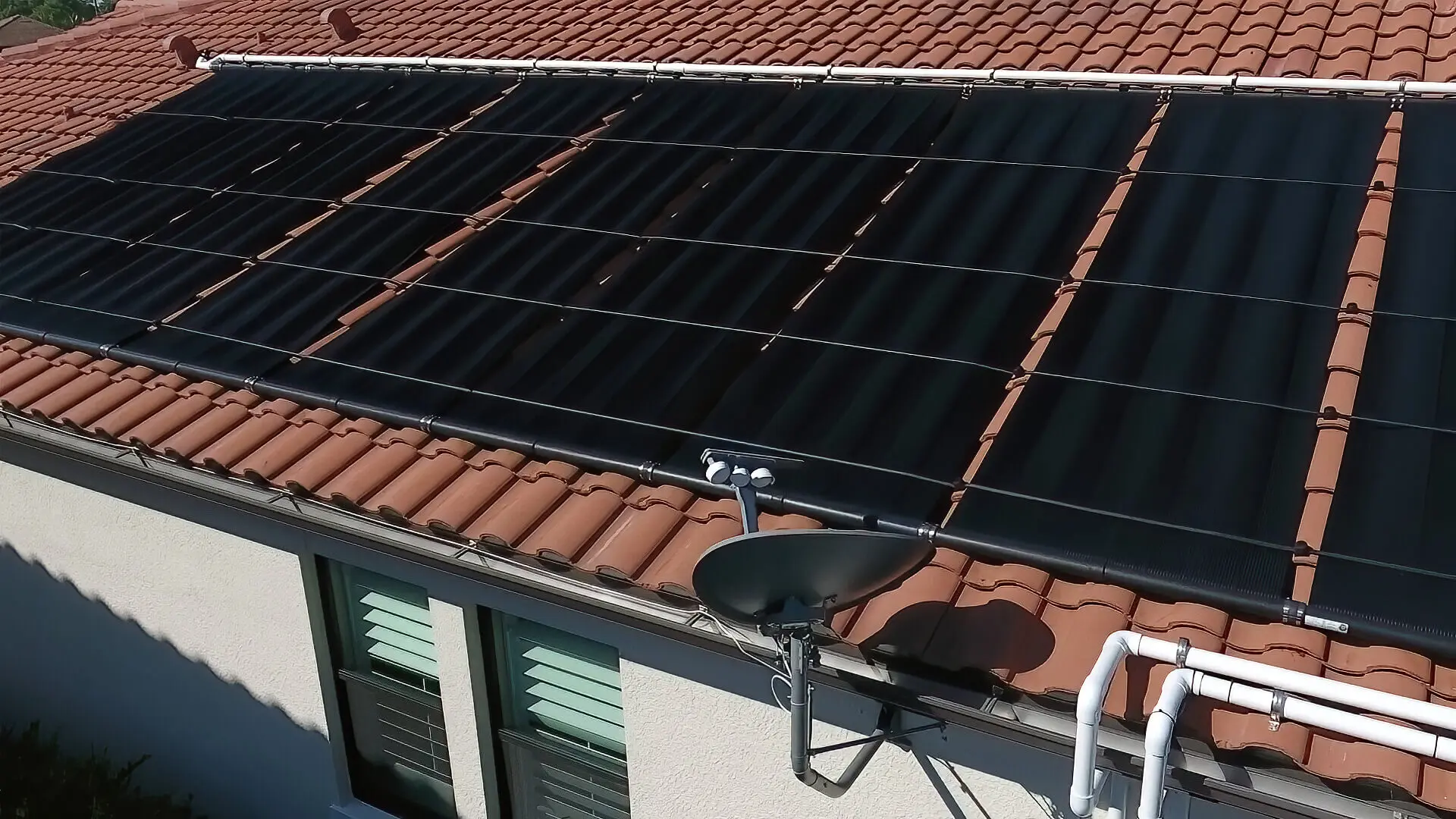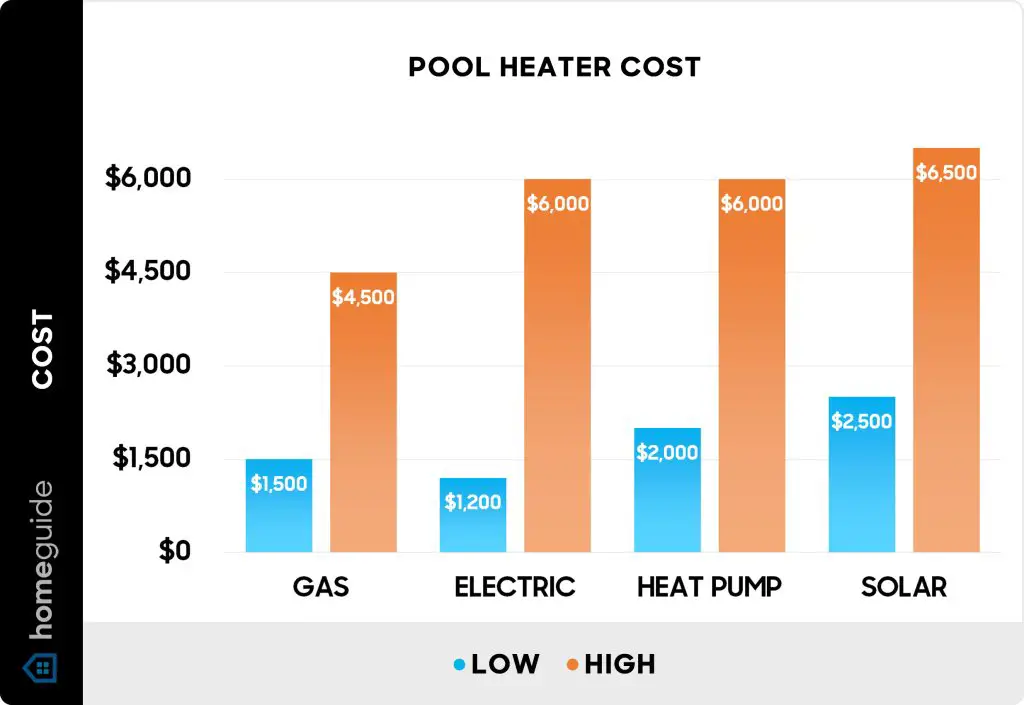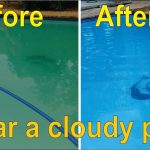Heating a pool is a common practice to ensure comfortable swimming conditions throughout the year. However, many pool owners are often concerned about the cost associated with heating their pools. Understanding the factors that influence the cost of heating a pool can help you make informed decisions and manage your expenses efficiently.

Credit: www.thepoolco.com.au
Factors Affecting Pool Heating Costs
Several factors impact the cost of heating a pool, including:
- Pool size
- Pool location
- Heating method
- Pool cover usage
- Energy prices
Pool Size
The size of your pool plays a significant role in determining the heating cost. Larger pools require more energy to heat compared to smaller pools. It is essential to consider the surface area and volume of your pool when calculating heating expenses.
Pool Location
The geographical location of your pool can impact heating costs. Pools located in colder climates will require more energy to maintain the desired water temperature. Understanding your region’s climate can help you estimate heating expenses more accurately.
Heating Method
There are various heating methods available for pools, including:
| Heating Method | Pros | Cons |
|---|---|---|
| Solar Panels | Environmentally friendly | Dependent on sunlight availability |
| Heat Pumps | Energy-efficient | Higher upfront cost |
| Gas Heaters | Quick heating | Higher operating costs |
Pool Cover Usage
Using a pool cover can help reduce heat loss and evaporation, ultimately lowering heating costs. Investing in a high-quality pool cover can be a cost-effective way to maintain water temperature and minimize energy consumption.
Energy Prices
The cost of energy in your area will directly impact your pool heating expenses. Monitoring energy prices and exploring energy-efficient options can help you save money in the long run.
Calculating Pool Heating Costs
Estimating the cost of heating your pool involves considering the factors mentioned above and performing some calculations. Here’s a basic formula to help you calculate pool heating costs:
Cost = (Pool Volume in Gallons) x (Temperature Rise Needed) x (8.34) x (Heating Degree Days) x (Heating Efficiency) x (Energy Price)
By plugging in the relevant values, you can determine an approximate cost for heating your pool based on your specific requirements.

Credit: www.youtube.com
Cost-Saving Tips
To reduce pool heating costs, consider the following tips:
- Opt for energy-efficient heating methods
- Use a pool cover when the pool is not in use
- Maintain proper water circulation and filtration
- Program your heating system to run during off-peak hours
- Monitor and adjust your pool temperature as needed
Conclusion
Heating a pool can be a worthwhile investment for enhancing your swimming experience. Understanding the factors influencing pool heating costs and implementing cost-saving strategies can help you manage expenses effectively. By making informed decisions and optimizing your heating system, you can enjoy a comfortably warm pool without breaking the bank.




